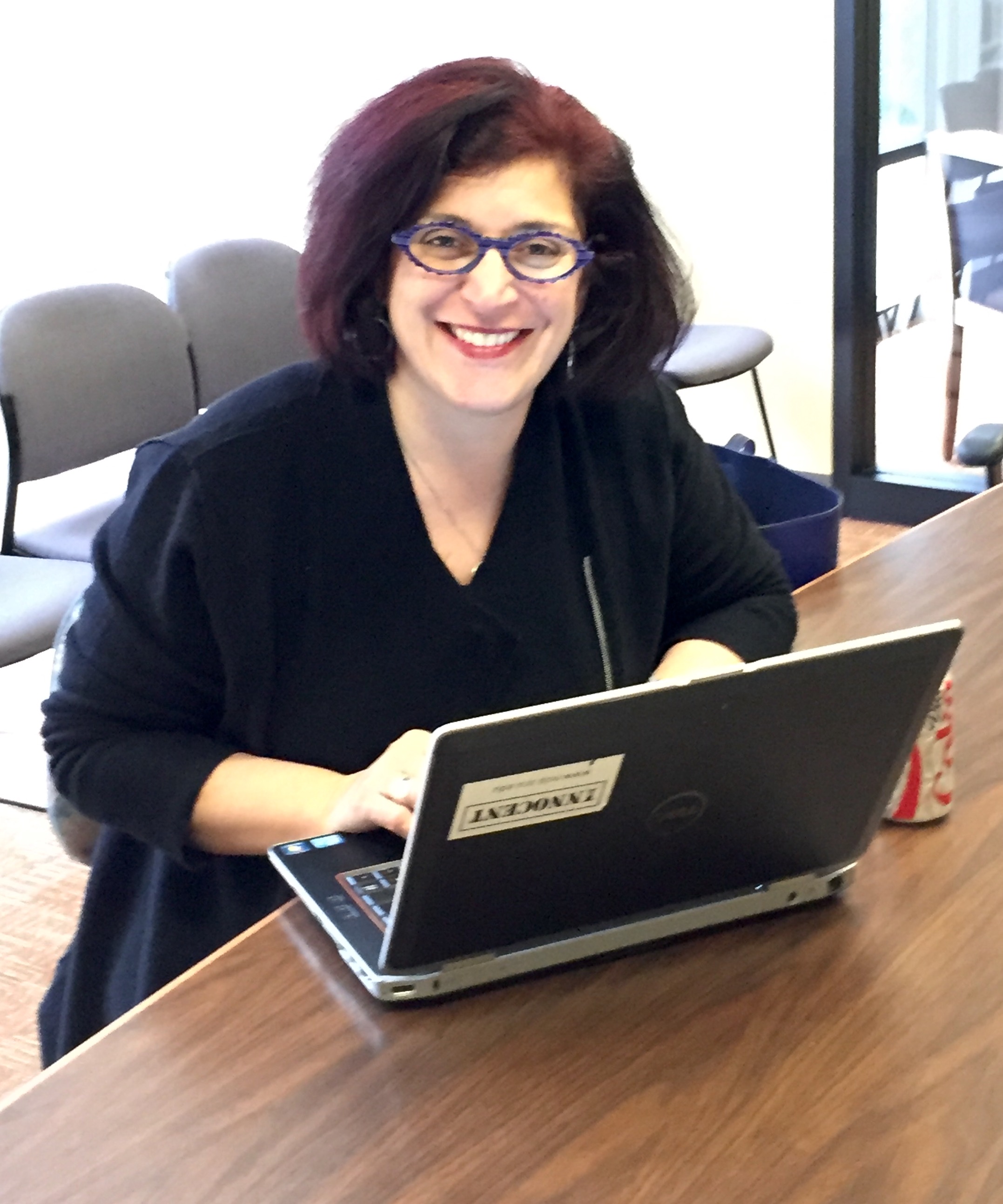What’s a human rights attorney like me doing in a place like this?
That’s the question I’ve asked myself over the past two months since becoming Executive Director of NCIP. I returned to the Bay Area this summer after 13 years in Washington, DC, working on international human rights issues like torture and genocide, and thinking about the ways that core concepts of civil and political rights, gender equality and racial justice could be integrated into the US context. Now here I am in Santa Clara, digging deeply into domestic criminal justice law instead of international treaties, trying desperately to avoid Super Bowl traffic instead of Presidential motorcades. Yet the work (and the traffic patterns) are strikingly familiar.
A key theme to my work as a human rights attorney has always been to focus attention on ways in which systems of government must recognize and enhance the inherent dignity of and respect for every human being. This is no small task. When individuals and groups are confronted by the power of the State, their ability to be recognized and their fight for equality and due process is often overwhelming.
When an innocent person becomes enmeshed in the criminal justice system, sometimes the system itself overtakes both the process and the protections which seek to ensure due process and a true presumption of innocence. Cognitive bias. Faulty science. False confessions. Unreliable witnesses. Bad lawyering. All of these lead to wrongful convictions and to the incarceration of innocent people.
Yet with the need to protect the rights of the innocent, comes the opportunity to elicit support from all corners (another key strategy I have always used in my human rights work). No one wants an innocent person in jail. And no one wants a person who has perpetrated a serious crime roaming freely. Innocence is not an issue for liberals or for conservatives, Republicans or Democrats. Innocence is an issue based in the core values and beliefs of the effectiveness of our criminal justice system and for which we seek to achieve “wall to wall” support – from prosecutors and defense attorneys, police investigators and crime victims, politicians, voters, teachers, students, artists, athletes – even my crazy next door neighbor. Innocence is an issue for all of those concerned with the effective administration of justice.
Our work at NCIP is to protect the most basic rights that a person has when confronted with the criminal justice system. As our policy director, Lucy Salcido Carter, so aptly puts it, “we keep people out [by reforming the system to prevent innocent people from going to jail], we get people out [by exonerating the innocent] and we help people out [by trying to ensure they have access to services after they have been released.]
We do this through careful investigation, negotiation, litigation, legislation, policy reform, education and community outreach. The exoneration of our clients – 18 of them to date – represents not only a victory for that person and their family, but it contributes to building a system where innocent people will not be wrongfully convicted and incarcerated.
I am proud to have joined NCIP. For me, joining the Innocence movement is yet another way in which to recognize the inherent dignity and rights of each person and is clearly on the continuum of my ongoing human rights work. Our efforts will truly help to create a more fair and effective system of justice for all.
